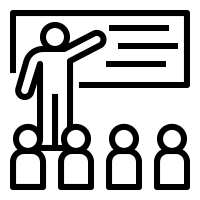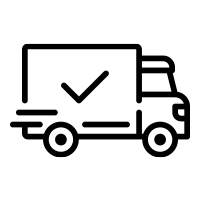What is Marine Engineers?
Design, develop, and take responsibility for the installation of ship machinery and related equipment including propulsion machines and power supply systems.
Minimum education level
PT3
SPM
STPM
Diploma
Degree
Average Salary
Example of a Job Position
Task
Knowledge
Mathematics
Knowledge of arithmetic, algebra, geometry, calculus, statistics, and their applications.
Customer and Personal Services
Knowledge of principles and processes to provide services for customers and personal. This includes assessing customer needs, meeting service quality standards, and evaluating customer satisfaction.
Engineering and Technology
Knowledge of practical applications in engineering and technology. This includes the application of principles, techniques, procedures and equipment for designing and producing various goods and services.
Design
Knowledge of techniques, equipment and design principles including in producing precision technical plans, blueprints, drawings and models.
Mechanical
Knowledge of machinery and equipment, including design, function, repair and maintenance.
Skills
Active Listening
Give full attention to the words of others, set aside time to understand the points presented, ask questions appropriately, and not interrupt at the wrong time
Critical Thinking
Using logic and reasoning to identify the strengths and weaknesses of alternative solutions, conclusions, or approaches to the problems handled
Consideration and Decision Making
Consider the shortcomings and advantages of potential action choices to choose the most appropriate action.
Reading Understanding
Understand sentences and paragraphs written in work documents.
Science
Use scientific rules and methods to solve problems.
Capability
-
1
Information Arrangement - The ability to arrange various things and actions in a certain sequence or pattern according to the rules specified (for example: number patterns, letters, words, pictures, mathematical operations).
-
2
Deductive Reasoning - The ability to apply general rules to certain problems in order to produce reasonable answers.
-
3
Inductive Reasoning - The ability to combine pieces of information to form general rules and conclusions (including finding relationships between seemingly unconnected events).
-
4
Problem Sensitivity - The ability to tell when something is wrong or maybe wrong. This does not involve solving the problem, only knowing if there is a problem.
-
5
Written Understanding - Ability to read and understand information and ideas conveyed through writing







